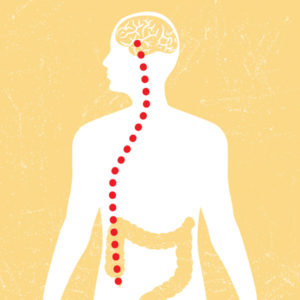
Neurodegenerative disorders represent a significant and growing concern in the realm of public health, particularly as global populations age. Among these, Parkinson’s disease (PD) stands out due to its increasing prevalence and profound impact on individuals. Characterized by the progressive degeneration of motor functions, PD is not just a health challenge but also poses substantial socio-economic burdens. While the etiology of Parkinson’s disease is far from simple, current research efforts elucidating its causes, mechanisms, and potential treatments illustrate the critical nature of this neurodegenerative disorder in today’s healthcare landscape.
In the clinic, Parkinson’s disease is often diagnosed as either sporadic or familial. Familial PD has a clear genetic basis, typically passed down through families, while sporadic PD, comprising about 90% of cases, occurs in individuals without a known family history of the disease. The exact cause of sporadic PD is not fully understood but is believed to be due to a combination of genetic predispositions and environmental factors. In contrast, the factors involved in familial PD are more thoroughly understood, offering insights into the molecular mechanisms underlying PD pathogenesis.

